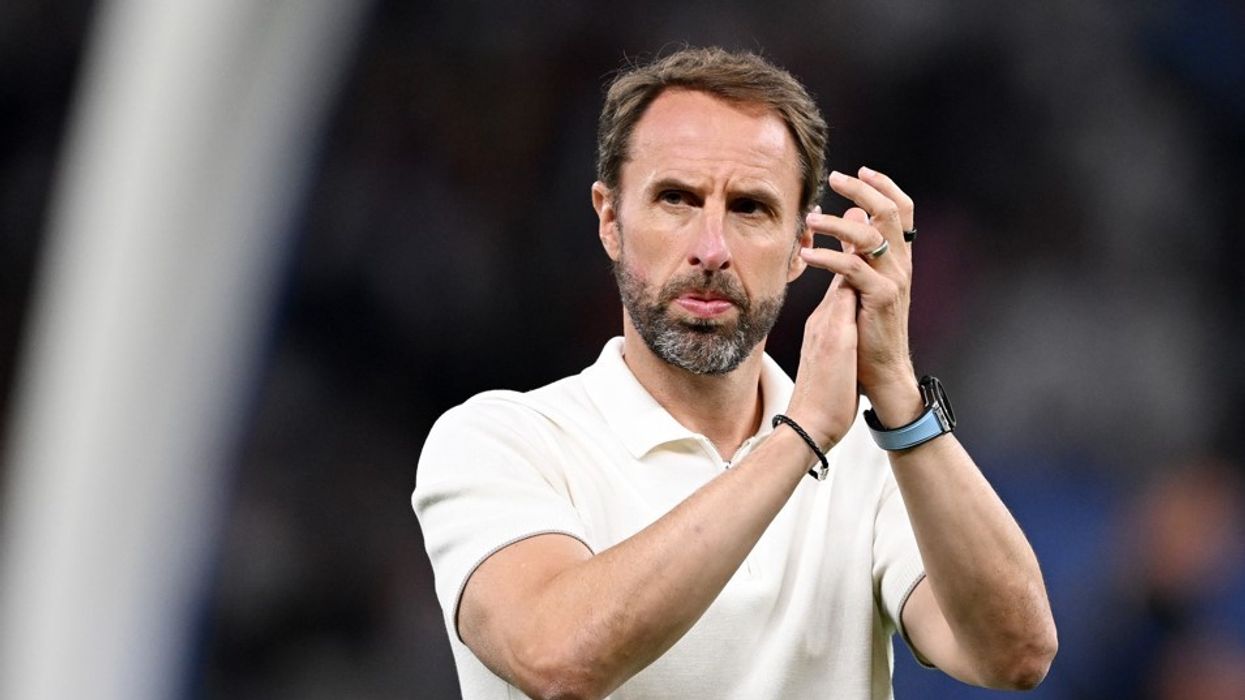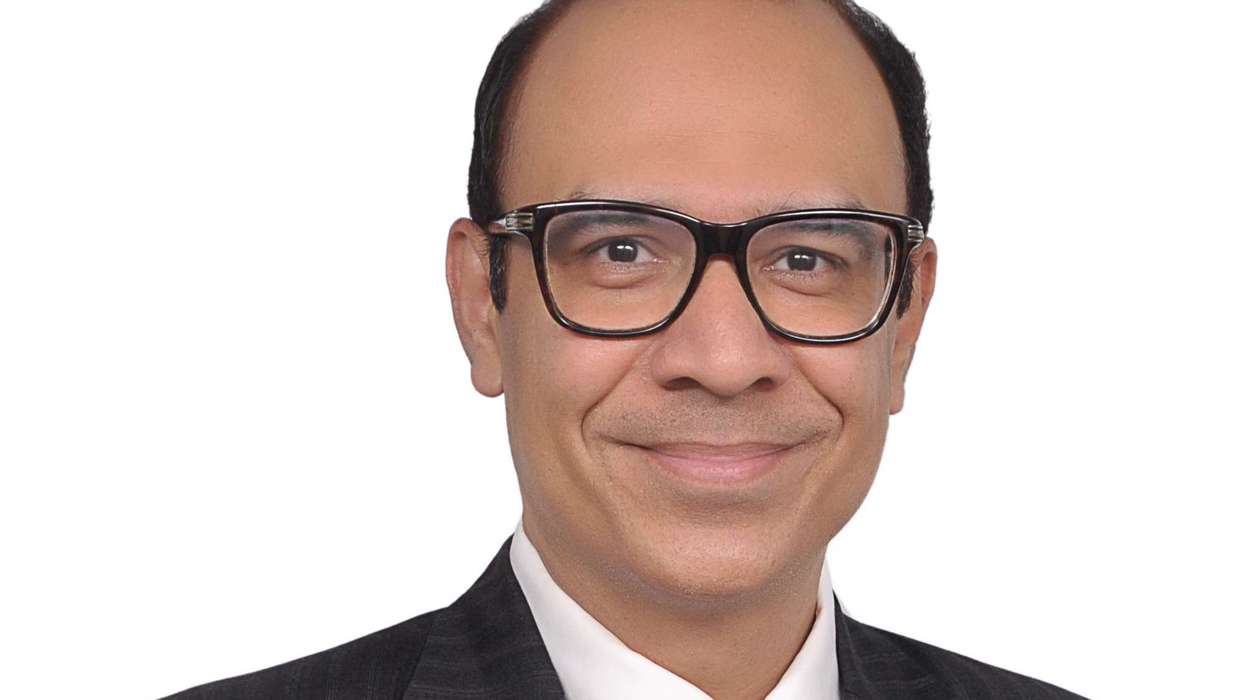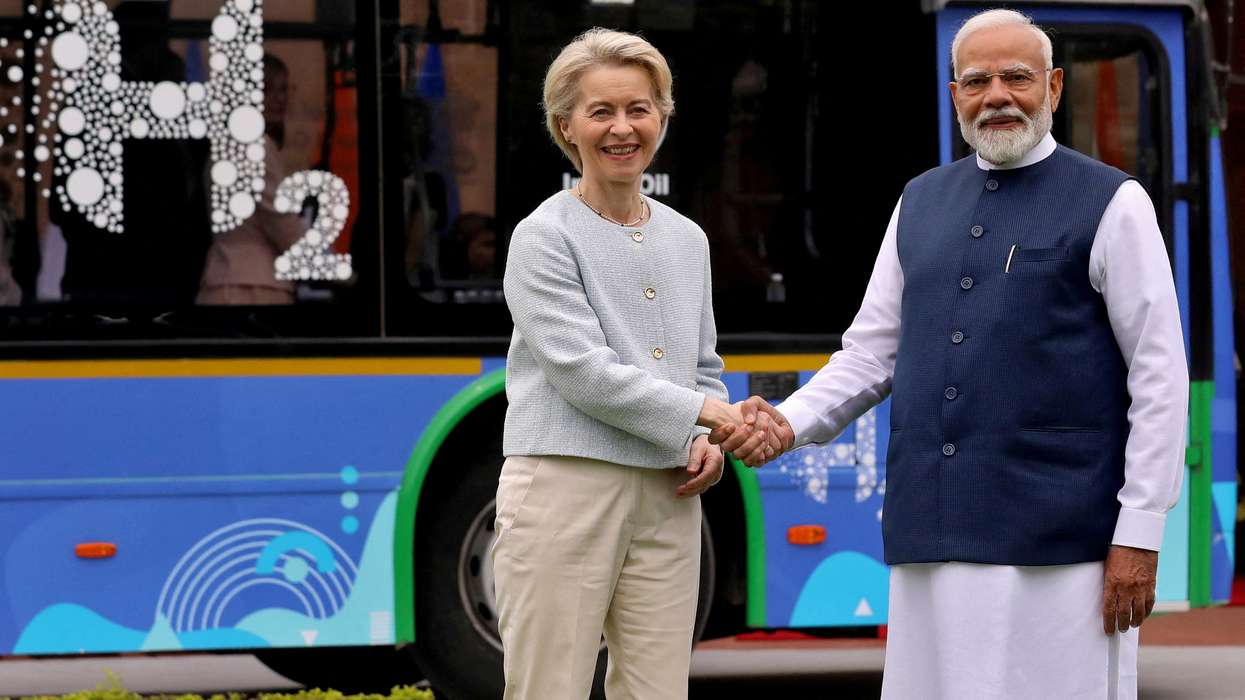Gareth Southgate announced his resignation as England manager on Tuesday, following their loss to Spain in the Euro 2024 final.
"It's time for change, and for a new chapter. Sunday's final in Berlin against Spain was my final game as England manager," Southgate said in a statement.
Potential successors for the 53-year-old include Newcastle manager Eddie Howe, and former Chelsea managers Graham Potter and Mauricio Pochettino.
Football Association CEO Mark Bullingham praised Southgate, saying he had "made the impossible job possible."
Southgate took over in 2016 when England was struggling, having exited the Euros after a defeat to Iceland and then dealing with Sam Allardyce's resignation over a scandal.
In the last four tournaments, Southgate led England to three semi-finals and two finals.
Before his appointment, England had only reached three major tournament semi-finals and one final in their history, winning the 1966 World Cup.
Despite improving the team's fortunes, Southgate was unable to secure a trophy, with England losing 2-1 to Spain on Sunday.
"Gareth has made the impossible job possible and laid strong foundations for future success," said Bullingham in a statement.
"In the 25 tournaments post-1966 before Gareth took charge, we had won seven knockout games. In his four tournaments, we have won nine. So, in his eight years, he has won more important games than in the previous 50 years. And of course, we have had strong tournament performances throughout his tenure. We came so close to winning the Euros in London and securing the first trophy for our men's team for over 50 years -- and came so close again in Berlin on Sunday."
Southgate, credited for restoring pride to the team and turning players into role models off the pitch, said managing the team had been a dream of a lifetime.
"As a proud Englishman, it has been the honour of my life to play for England and to manage England," he said. "It has meant everything to me, and I have given it my all."
England have only won the World Cup in 1966, but Southgate transformed an underperforming side into a formidable force in tournaments after taking charge in 2016.
Southgate oversaw 102 games with England, leading the team to the World Cup semi-finals in 2018 and the Euros finals in 2021 and 2024. Despite the pressure, Southgate managed to turn around a team that had previously failed to impress at major tournaments.
(With inputs from agencies)





